Remember our project video? Congestion, traffic, unsustainable mobility patters, poor accessibility, insufficient infrastructure definitely rang a bell in our five pilot areas. Through the Citizen Mobility Labs and Kit, our local teams conceived bold solutions to make the cities more suited for people – after all, that’s our project’s name. In Hamburg, we went the extra mile: on top of the three interventions that will be piloted in the frame of the project, an idea to make Ottensen (one of the busy neighbourhoods in the Altona District) car free for a month was put forward and discussed by the local political committee for transportation. The Green party (Grüne), the Christian-Democrats (CDU) and the Left party (die Linke) embraced the idea and turned it into a political proposal, extending the proposed time span of the intervention to a whole semester in order to monitor the effects in the longer term and assess the potential for replicability.
Last Friday, the proposal was voted upon during the District assembly of Altona and was approved by a large majority: 48 votes out of 51 were in favour of implementation, with opposition coming only from the liberal democrats (FDP) and the right wing party AfD. Hence, the intervention will come true. The District of Altona is responsible for the implementation, which unfortunately falls beyond the scope and timeframe of our pilots, but fits very well our People-Oriented Transport and Mobility (POTM) approach. Starting from September, Ottensen will be accessible on foot or by bike, but not any longer by car – clearly, with the exception of ambulances and other emergency vehicles, cleaning trucks and cars for artisans, market merchants and delivery services. Special conditions should also apply in garages for the cars of residents.
What do citizens beyond the Citizen Mobility Community think of this? Judging from the results of the surveys done by the local initiative “unser Altona” (our Altona) and the Hamburger Abendblatt (the biggest local newspaper), consent seems wide: respectively, 79% of 900 respondents and 75% of 4,000 respondents claimed to be in favour of the intervention.
Not surprisingly, the political vote was vastly reported upon by local media: media outlets such as the Hamburger Morgenpost, the Hamburger Abendblatt, the Welt, the ZEIT Elbvertiefung, NDR, BILD, various radio channels and several social media accounts gave visibility to the intervention and the decision to implement it. Check out the coverage in our pressroom (mind, they are in German).
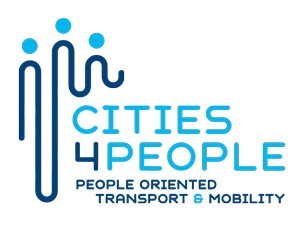
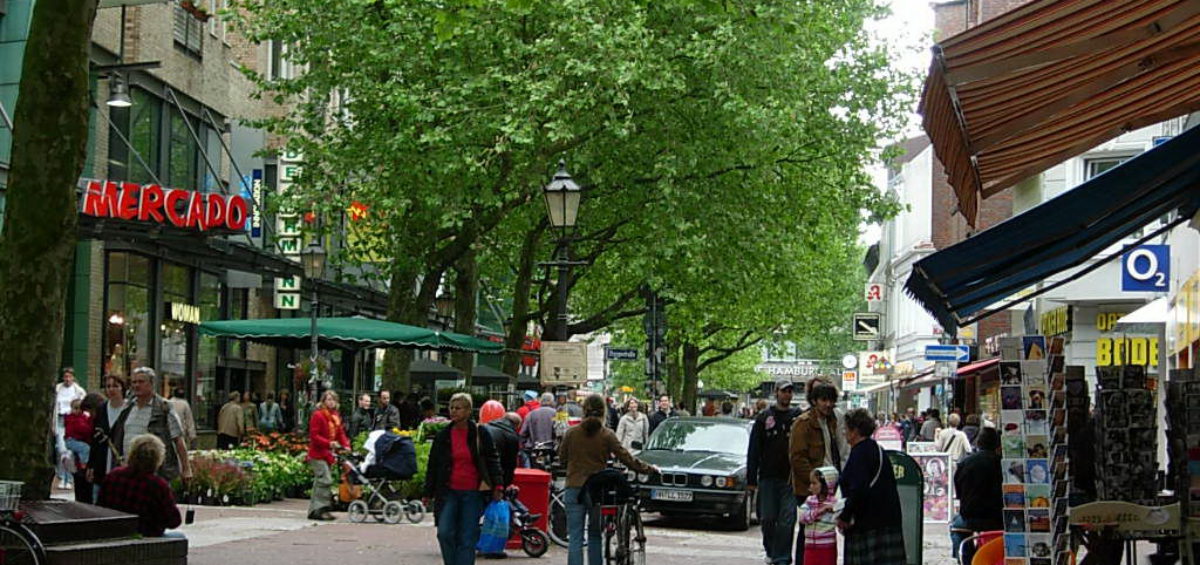








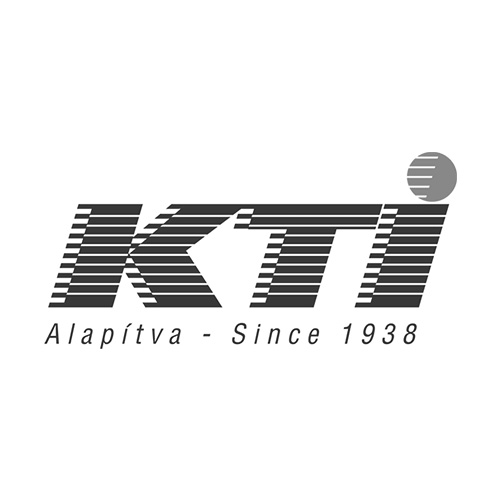
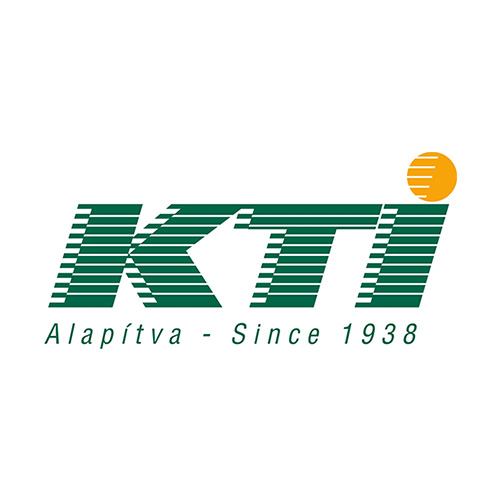
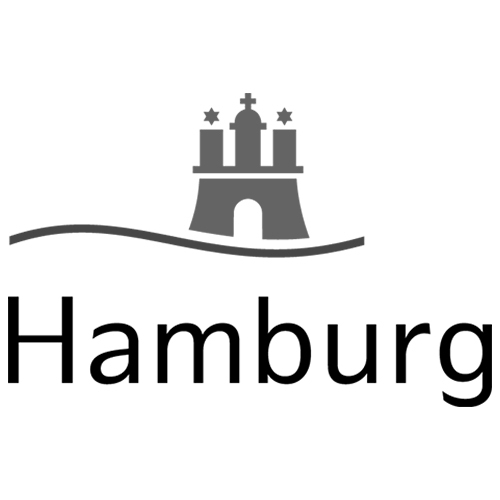
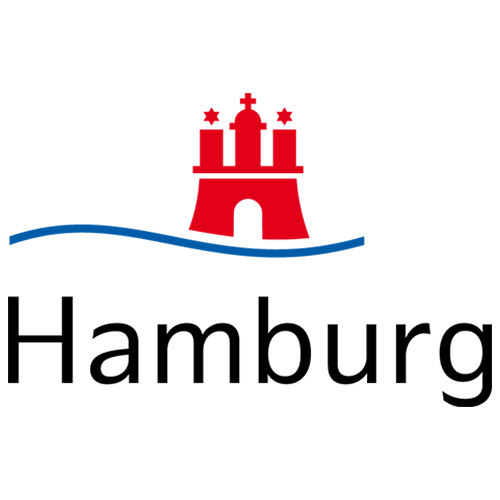
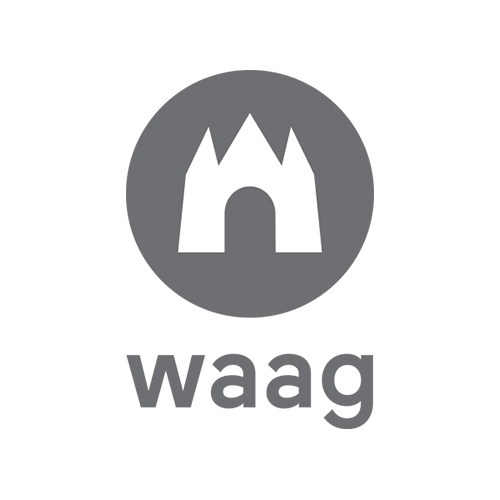
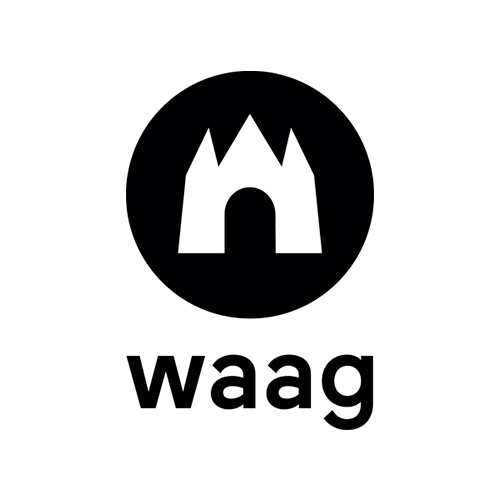
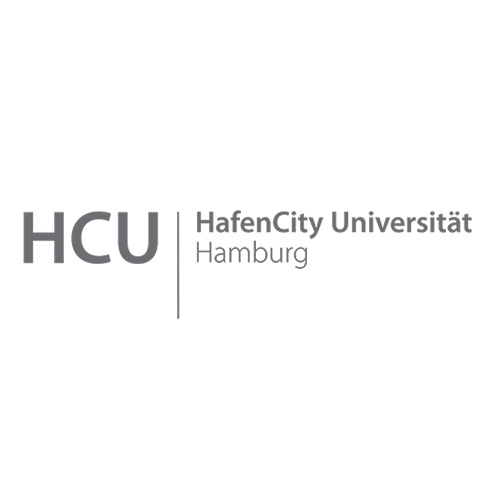
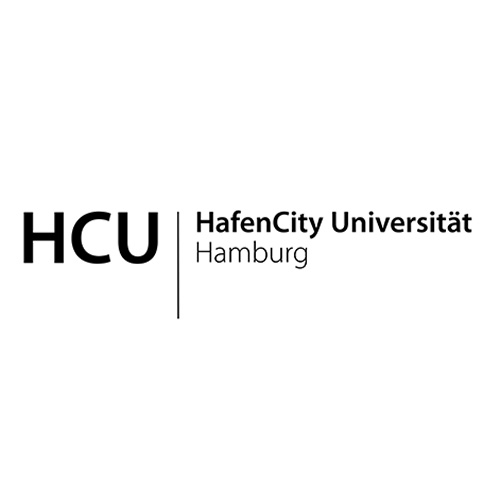
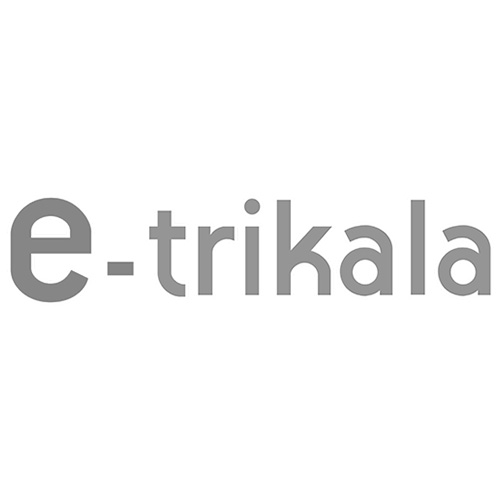
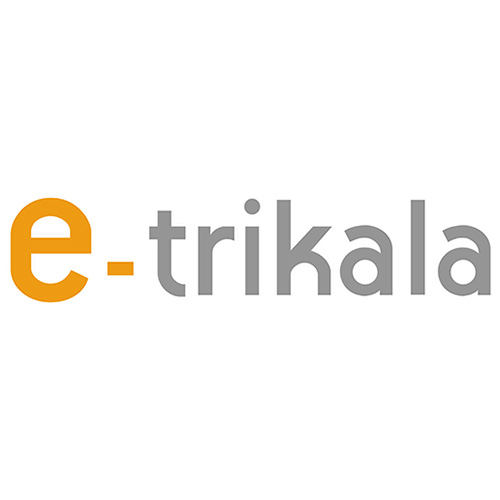




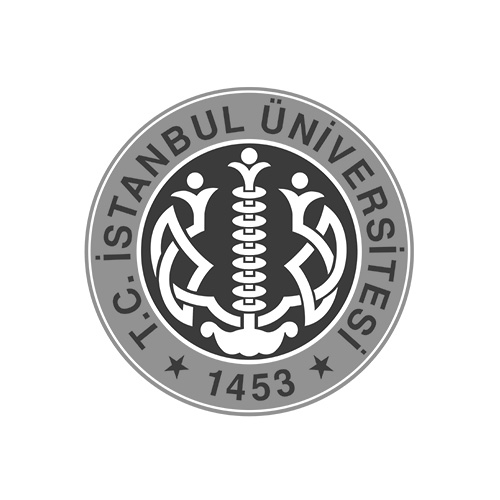
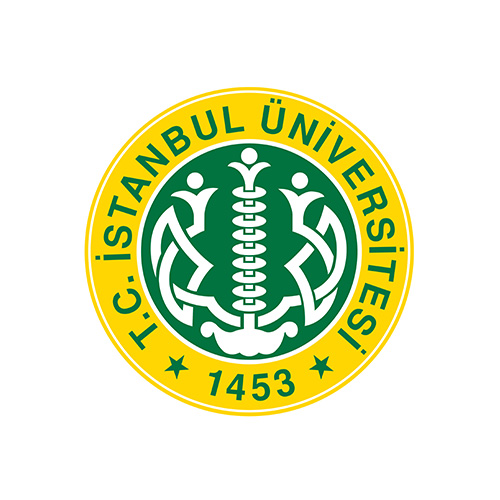


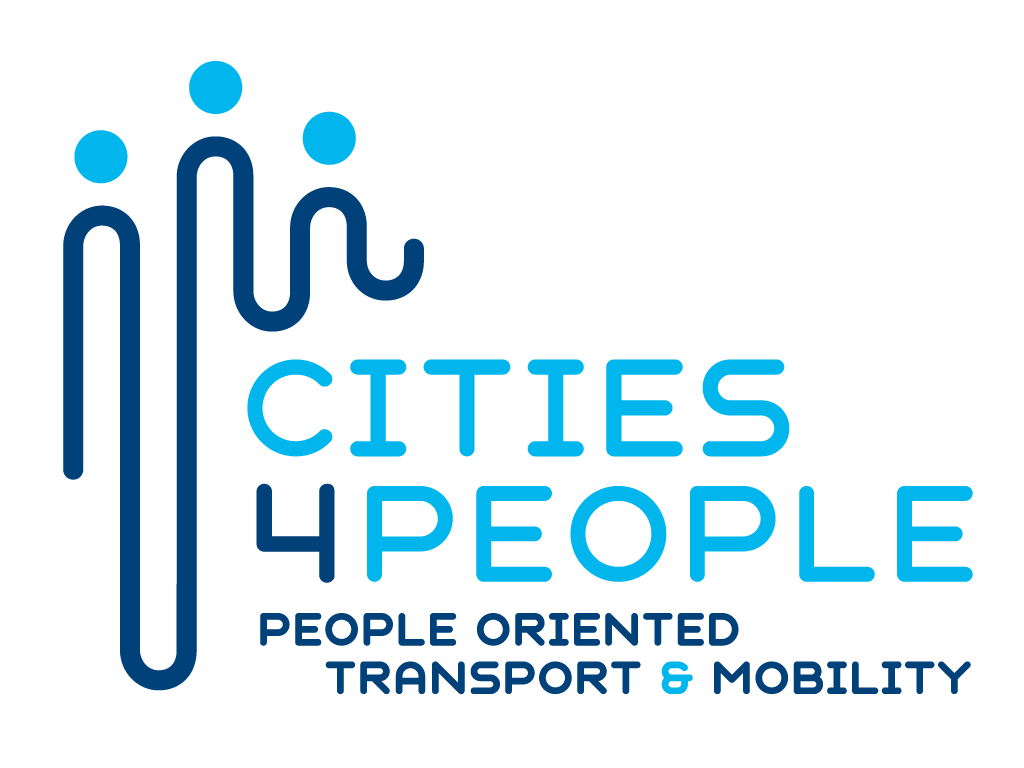
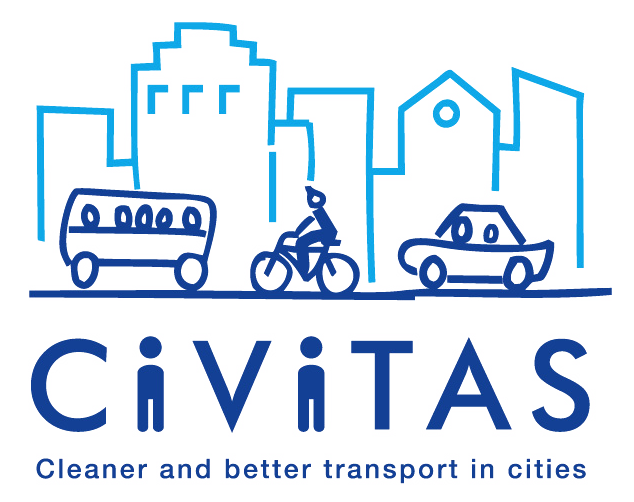


 English
English Magyar
Magyar Ελληνικά
Ελληνικά Turkish
Turkish